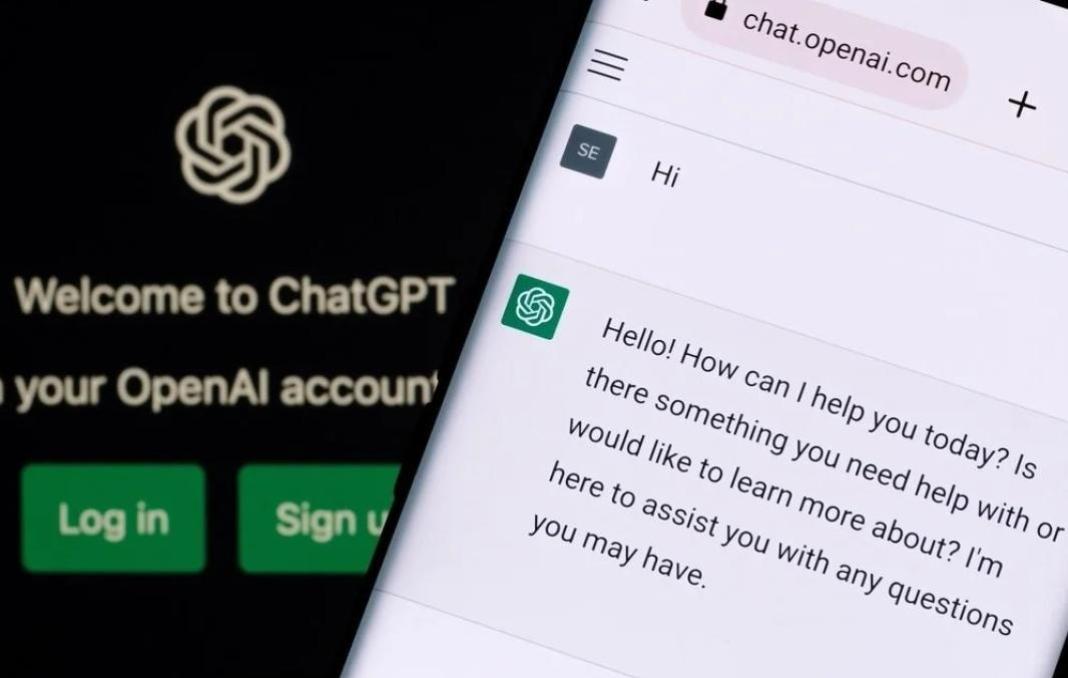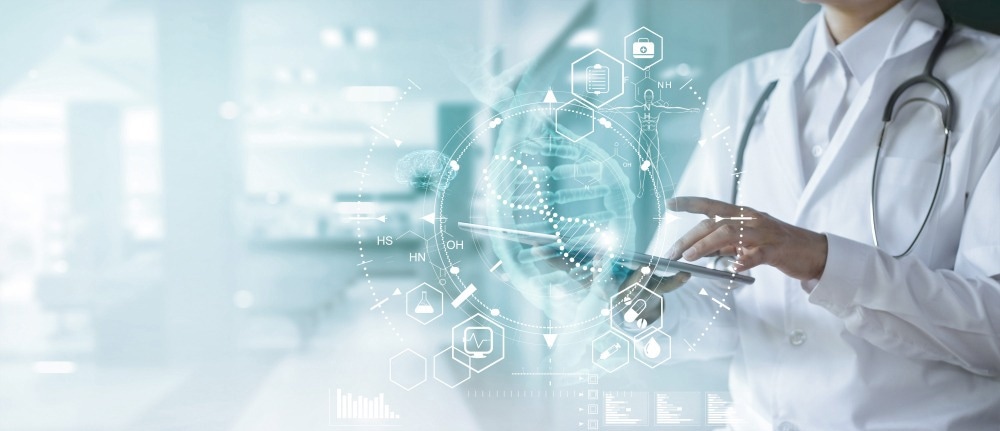ChatGPT - A Medical Revolution or Pandora's Box?

With ChatGPT's impressive ability to provide human-like conversation and produce high-quality written content, its entry into the healthcare domain raises questions.
ChatGPT, a product of OpenAI's relentless pursuit of advanced AI technology, is a language model that employs deep learning methodologies to generate text that closely mirrors human conversation. With its astounding capacity to write articles, essays, and even technical content, ChatGPT is a testament to the extraordinary strides made in AI technology. This chatbot's potential applications span a wide array of industries, transforming the way we interact with technology on a daily basis.
The Rise of ChatGPT in Healthcare
ChatGPT's foray into the healthcare sector could potentially usher in a new era of efficiency and precision. The AI chatbot's capabilities to assist with administrative tasks, provide clinical decision support, and facilitate patient communication hint at a future where technology and medicine are inextricably linked.
1. Telemedicine and Virtual Assistance
One of the key areas where ChatGPT could make a significant impact is telemedicine. The AI chatbot's ability to handle administrative tasks such as scheduling appointments and managing patient records could revolutionize the delivery of remote healthcare. With the rise of telemedicine following the COVID-19 pandemic, the need for efficient virtual assistance is more pronounced than ever before.
2. Clinical Decision Support
ChatGPT's proficiency in processing and analyzing large volumes of data could be leveraged to provide real-time, evidence-based recommendations for healthcare professionals. From flagging potential drug interactions to suggesting treatment options for specific conditions, the AI chatbot could play a crucial role in enhancing the quality of care provided to patients.
3. Medical Record Keeping
The task of maintaining comprehensive and up-to-date patient records is a critical yet time-consuming aspect of healthcare. ChatGPT's ability to accurately summarize patient medical histories could streamline the record-keeping process, allowing healthcare professionals to focus more on patient care.
4. Real-Time Translation
Language barriers can often pose challenges in the delivery of healthcare. ChatGPT's advanced language processing capabilities could be employed to translate technical terms and medical jargon, ensuring patients fully understand their diagnosis, treatment options, and medical instructions.
5. Clinical Trials and Research
ChatGPT's potential applications extend beyond patient care to the realm of medical research and clinical trials. The AI chatbot could assist researchers in identifying potential trial participants, thus facilitating the advancement of new treatments and diagnostic tools.
6. Symptom Checkers
ChatGPT could also be used to develop reliable symptom checkers that provide patients with guidance on when to seek medical attention. With its advanced language processing capabilities, the AI chatbot could provide more accurate and detailed advice compared to current online tools.
7. Medical Education
The use of ChatGPT in medical education could provide students and professionals with instant access to a wealth of information and resources. By simulating patient scenarios and providing real-time feedback, the AI chatbot could enhance the learning experience and contribute to the development of future healthcare professionals.

Image Credit: PopTika/Shutterstock.com
The Ethical Conundrum of Using ChatGPT in Healthcare
While the potential benefits of using ChatGPT in healthcare are immense, it is essential to consider the ethical implications. Key issues such as patient privacy, data protection, and accuracy of information need to be addressed to ensure the safe and ethical use of this technology.
1. Privacy and Data Protection
The use of AI tools like ChatGPT involves the processing of large volumes of data, some of which could be confidential patient information. As such, it is essential to establish robust data protection systems to ensure patient privacy and confidentiality.
2. Accuracy and Trust
While ChatGPT exhibits impressive capabilities, it is not infallible. Users may be inclined to trust the AI chatbot implicitly due to its advanced technology, which could have serious consequences in the healthcare sector. It is crucial to ensure that all information provided by ChatGPT is thoroughly checked and verified by healthcare professionals.
The Way Forward
ChatGPT's entry into the healthcare sector marks the beginning of a new chapter in the intersection of technology and medicine. With its potential to streamline processes and improve the quality of care, it is likely that this technology will become an integral part of the healthcare system. However, as we embrace these advancements, it is crucial to tread cautiously, ensuring that the adoption of AI tools like ChatGPT is carried out ethically and responsibly.
In conclusion, while ChatGPT presents promising opportunities for the healthcare sector, it also raises important questions about ethics, trust, and data privacy. As we navigate this new frontier of AI in medicine, it is paramount to strike a balance between leveraging the benefits of this technology and addressing the challenges it poses.

